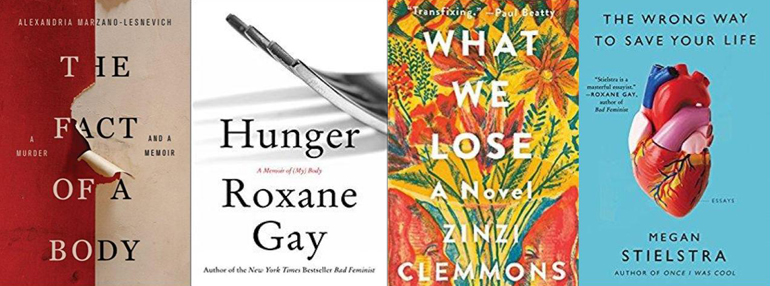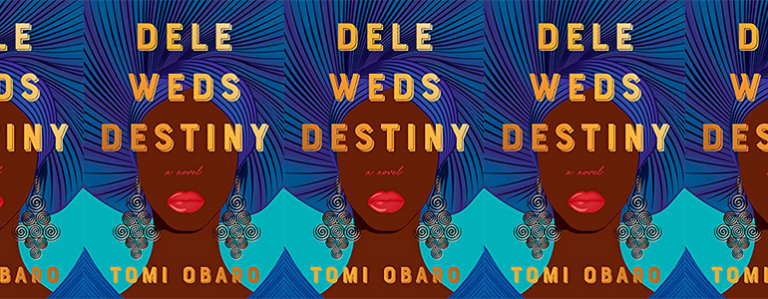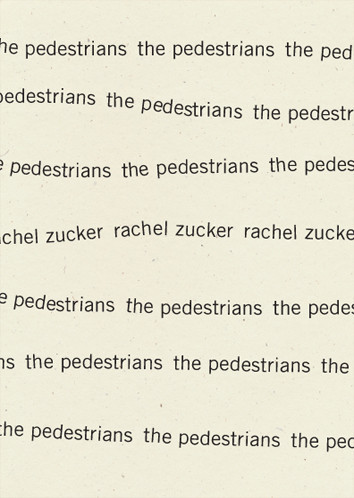Four Summer Books That Redefine the Beach Read

Who says a good beach read can’t also be a book that packs some punch? Here are four of this summer’s best.
The Fact of a Body: A Murder and a Memoir
Alexandria Marzano-Lesnevich
Flatiron Books
May 16
$26.99
Part true-crime thriller, part memoir, and part emotional inquest, The Fact of a Body gave me a once-in-a-lifetime reading experience. Until the day she came across Ricky Langley’s case, Marzano-Lesnevich was a law student who opposed the death penalty. As an intern at a Louisiana law firm, she becomes intimately acquainted with the details of Ricky’s crime and the life that led up to it, and all of a sudden her position on the death penalty, justice, and the law are all called into question. The book would have been a thrilling read if Marzano-Lesnevich had stopped there, but instead she delves deeper—not only into Ricky’s past, but into her own.
This is the kind of work that asks an essential question: where do our stories begin? I find the best memoirs are the ones where the writer puts herself on trial, and that’s the exquisite task that Marzano-Lesnevich set for herself. That’s also the power, necessity, and magic of nonfiction: a writer puts herself at risk by staring down the truth’s inherent incompleteness and the ways it continues to surprise.
Hunger: A Memoir of (My) Body
Roxane Gay
Harper
June 13
$25.99
Roxane Gay is one of the most important writers of our time. We know this. And yet, the word “important” doesn’t capture how unforgettable her storytelling is. Both now and forever, I will devour whatever she writes—novels, essays, comics, tweets, you name it. What slays me most about her writing, no matter the form, is that she’s not afraid to wrestle with life on the page.
In Hunger, Gay tells us the history of her body. When she was twelve, she was gang-raped, and what follows is the story of how she sought to protect herself from having such a horrific thing ever happen to her again. She takes down the way women’s bodies (and men’s, too) are criticized and villainized in pop culture and society at large, and she also expertly dismantles the weight-loss lie that the best version of ourselves is a skinnier one.
I tend to dislike the phrase “required reading,” but if any book deserves to be read universally, Hunger is a strong contender. This book reminds us we don’t have to be fearless in order to tell the truth, and we don’t need to find healing in order to honor the ways we’ve been broken.
What We Lose
Zinzi Clemmons
Viking
July 11
$22
Zinzi Clemmons’s debut is a taut meditation on life, death, and the ties that bind the two. Thandi is a young college student in Philadelphia when her mother dies from cancer, and in the wake of her absence, Thandi is left to grapple with what it means to be a motherless daughter. Both South African and American, black and white, she lives in a liminal space as woman, daughter, lover, mother, and friend as she fights to create a new family of her own.
What’s particularly striking about Clemmons’s work, aside from the gutting and spare prose, is her use of graphs, charts, and photographs that echo the voice of the novel. This book offers the best kind of company for any reader finding her way through a dark season, or anyone who dares to look back on one.
A short stunner that can be read in a single sitting, What We Lose is an elegy for the self that dies alongside a beloved parent.
The Wrong Way to Save Your Life
Megan Stielstra
Harper Perennial
August 1
$15.99
The author of the beloved Once I Was Cool returns this summer with a fresh book of essays on fear, and it couldn’t be more timely. Stielstra’s essays read like the conversations you want to be having with friends, family, neighbors, co-workers, and strangers, but maybe—like me—you’ve been a little afraid to initiate. Like a good friend, Stielstra doesn’t hold back on her love, wit, wisdom, and truth.
Even though I coined this collection a book of essays on fear, Stielstra’s work isn’t so easily defined. She writes about the lessons she’s learned from teaching, from traveling abroad, from becoming a mother, and from working at Arby’s. Some of my favorite essays delved into a burning house, an F-shaped tattoo, and a deer heart. This book is also a love letter to Chicago, a diary of a writer within a city who says this: “So much of who we are is tangled in place; a country, a city, a corner.” It’s fitting, then, that this is also a book about home: finding it, cherishing it, losing it, and rebuilding it.
What I loved most about this book was how deeply I felt Stielstra’s own heart thumping on every page. She taught me that the opposite of fear isn’t courage. It’s kindness.


